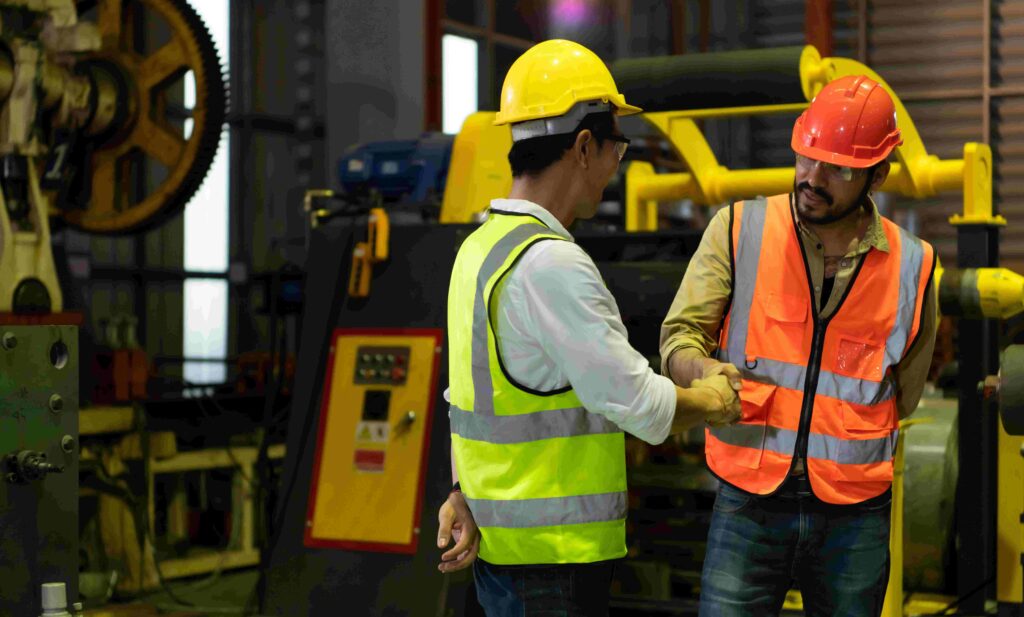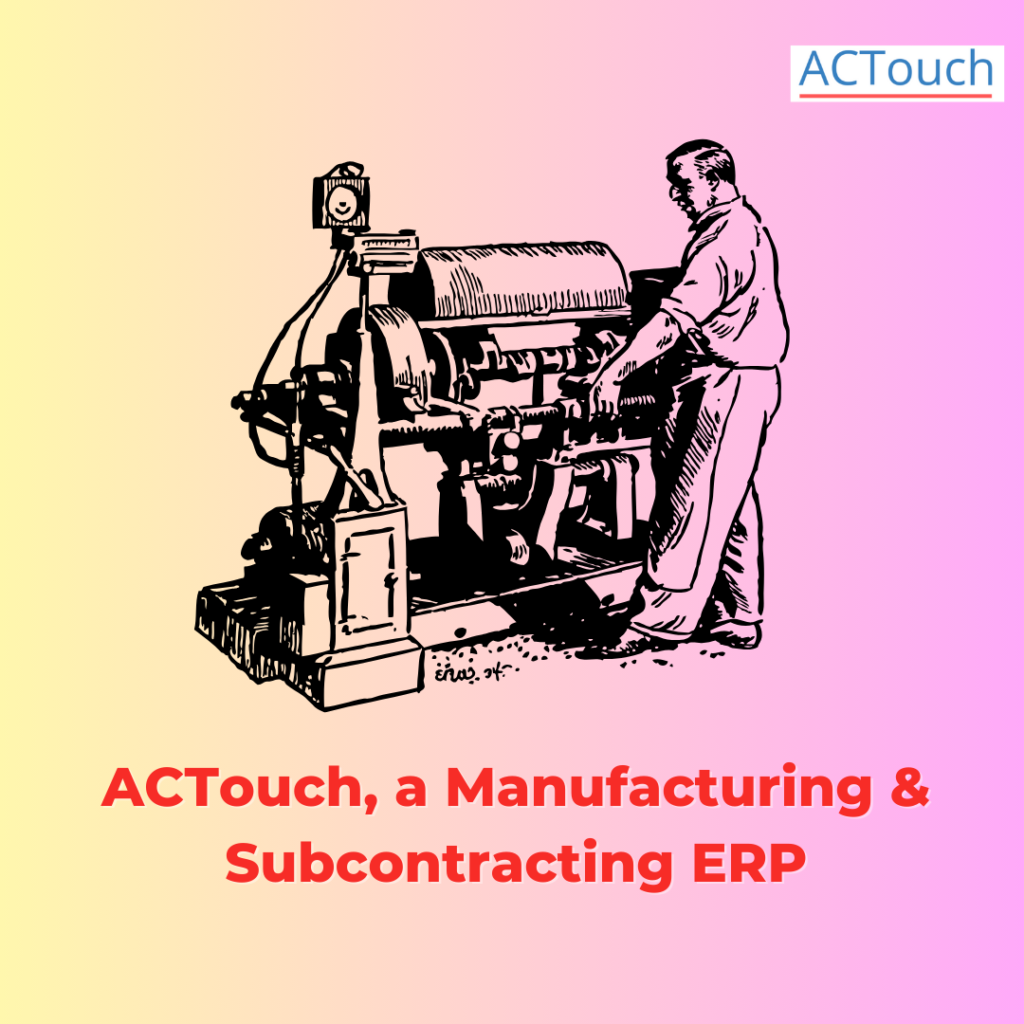Manufacturing Processes, a Great way to grow business.
What are Types of Manufacturing Processes?
Manufacturing processes play a pivotal role in transforming raw materials into finished products, and different industries utilize various techniques to achieve their production goals. Understanding the types of manufacturing processes is essential for businesses seeking to optimize their production, reduce costs, and improve overall efficiency.
There are various manufacturing processes used across different industries to convert raw materials into finished products. Each manufacturing process has its unique characteristics and advantages, allowing businesses to choose the most suitable method based on their product requirements, production volume, and cost considerations.
Let’s explore some of the different manufacturing processes.

Casting
Casting is a widely used manufacturing process that involves pouring molten material, often metals or alloys, into a mold to obtain the desired shape. Once the material solidifies, the mold is removed, leaving behind the finished product. Casting is suitable for producing complex shapes and is commonly used in industries such as automotive, aerospace, and construction.
Machining
Machining is a subtractive manufacturing process that involves removing material from a workpiece using cutting tools to achieve the desired shape and dimensions. Machining processes include milling, turning, drilling, and grinding. It is commonly used in precision engineering and metalworking industries to create parts with tight tolerances.
Forming
Forming is a manufacturing process that involves shaping materials without removing any material. It includes processes like forging, rolling, and stamping. Forming is used to produce products with specific shapes, such as metal sheets, tubes, and structural components.
Joining
Joining processes are used to combine multiple pieces of material to create a larger component or product. Common joining techniques include welding, soldering, brazing, and adhesive bonding. Joining is essential in industries like automotive, aerospace, and construction.
Additive Manufacturing (3D Printing)
Additive manufacturing, also known as 3D printing, builds objects layer by layer using digital models. It allows for rapid prototyping, customization, and reduced material waste. 3D printing is utilized in various industries, including healthcare, aerospace, and consumer goods.
Molding
Molding is a process used to create products with specific shapes and sizes by pouring a liquid or molten material into a mold. The material solidifies within the mold to form the final product. Injection molding and blow molding are common molding processes used in industries like plastic manufacturing.
Extrusion
Extrusion is a process used to create objects with a constant cross-section by forcing the material through a die. This process is often used to produce plastic and metal products, such as pipes, tubing, and profiles.
Assembly
Assembly is the process of putting together individual components or sub-assemblies to create a complete product. It involves tasks such as fastening, gluing, or welding. Efficient assembly processes are crucial to manufacturing industries that produce complex products.
CNC (Computer Numerical Control) Machining
CNC machining utilizes computer-controlled machines to carry out precise machining operations. It allows for high repeatability and accuracy, making it suitable for manufacturing complex parts and components.
Powder Metallurgy
Powder metallurgy is a process of creating metal parts by compacting fine metal powders into a desired shape and then sintering them to fuse the particles together. This process is commonly used in industries like automotive and aerospace for producing gears, bushings, and bearings.
These are just a few examples of the different manufacturing processes used in various industries worldwide. Each process offers unique advantages and can significantly impact product quality, production efficiency, and overall cost-effectiveness.
|
What is a Manufacturing Process?
A manufacturing process is a series of steps and methods used to convert raw materials into final products for consumption or use. It involves the application of specialized knowledge, tools, and machinery to shape, assemble, or transform materials into desired products. The manufacturing process may vary depending on the type of product and industry requirements.
How Automation has Affected Manufacturing Process?
Automation has revolutionized the manufacturing landscape by integrating advanced technologies to streamline processes and improve productivity. Automated manufacturing processes leverage robotics, artificial intelligence (AI), and computer-controlled systems to enhance precision, speed, and consistency. By reducing the reliance on manual labor, automation not only boosts production efficiency but also minimizes the risk of errors and ensures better quality control.
IIOT and IoT Improvements with Manufacturing Process?
The Industrial Internet of Things (IIoT) and the Internet of Things (IoT) have made significant advancements in manufacturing processes. IIoT involves connecting industrial machinery and equipment to a network, enabling real-time data exchange and analysis. This connectivity facilitates predictive maintenance, remote monitoring, and optimization of manufacturing operations, leading to increased uptime and reduced downtime. IoT, on the other hand, empowers manufacturers to gather valuable data from smart devices and sensors, enabling data-driven decision-making and better resource utilization.
FAQ on Types of Manufacturing Processes
What are the different types of manufacturing processes?
There are several types of manufacturing processes, including:
- Casting
- Machining
- Forming
- Joining
- Additive Manufacturing (3D Printing)
- Molding
- Stamping
What is casting in the manufacturing process?
Casting is a manufacturing process that involves pouring molten material into a mold to obtain the desired shape. It is commonly used for metals and plastics.
How does 3D printing contribute to manufacturing processes?
3D printing, also known as additive manufacturing, creates objects layer by layer using digital models. It offers rapid prototyping, customization, and reduced material waste.
How can businesses benefit from adopting advanced manufacturing processes?
Adopting advanced manufacturing processes can lead to increased productivity, improved product quality, reduced production time, cost savings, and enhanced competitiveness in the market.
How can IIoT and IoT improve manufacturing efficiency?
IIoT and IoT enable real-time data analysis, predictive maintenance, remote monitoring, and better decision-making, all of which contribute to enhanced manufacturing efficiency and optimized operations.
In conclusion, understanding the types of manufacturing processes and embracing technological advancements like automation, IIoT, and IoT can significantly benefit businesses. By implementing the most suitable manufacturing process, companies can boost production efficiency, reduce costs, and deliver high-quality products to meet customer demands and stay ahead in a competitive market.

